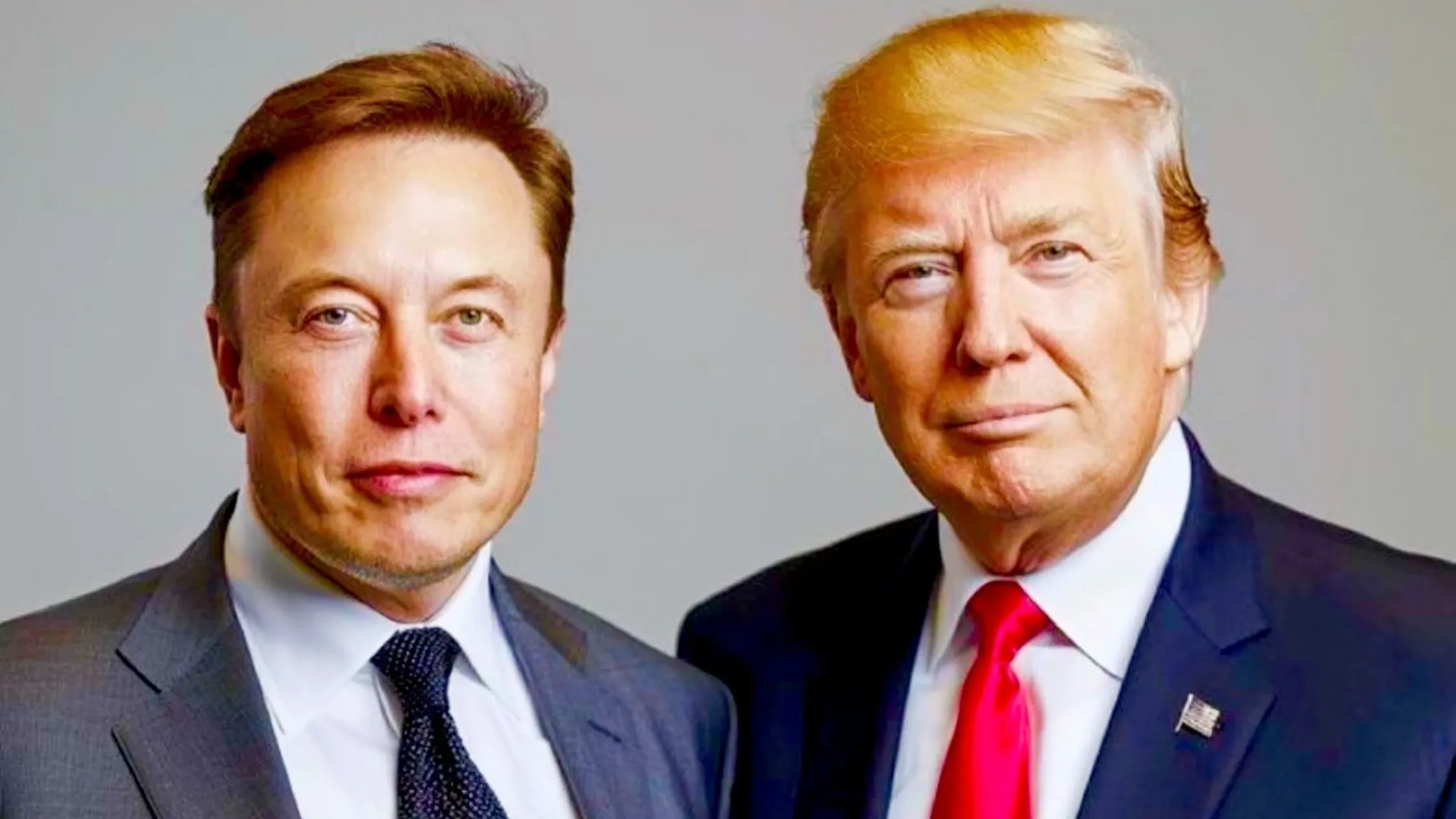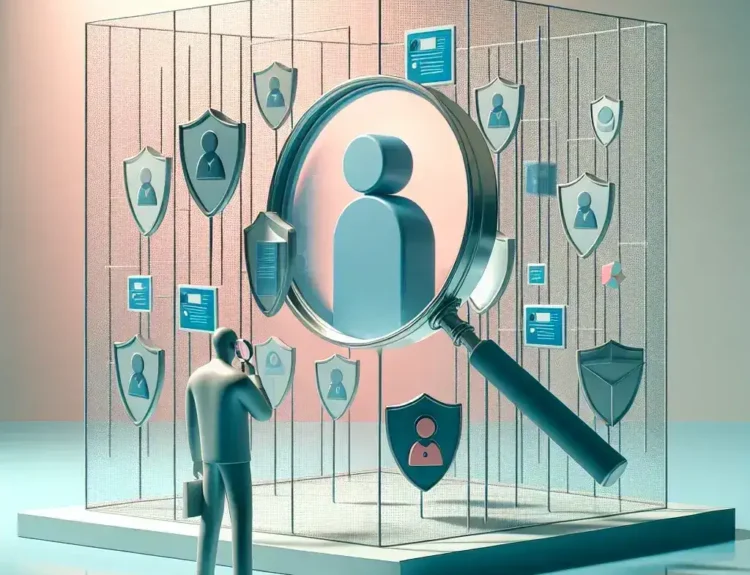Nvidia Confronts Chinese Security Allegations About H20 AI Chips
In recent months, Nvidia, a leading player in the semiconductor and AI industry, has found itself at the center of significant scrutiny regarding its H20 AI chips. Allegations of potential security threats posed by these chips have emerged from various quarters, particularly in China. This situation raises critical questions not only about the technology itself but also about the broader implications for international trade and technology security.
Understanding the Allegations
The core of the allegations revolves around concerns that H20 AI chips may be susceptible to exploitation for espionage or cyber attacks. Chinese authorities have raised red flags, suggesting that the chips could potentially allow unauthorized access to sensitive data or systems. Such fears are rooted in the increasing tension between the U.S. and China, particularly in the technology sector.
Experts cite that these allegations are not unprecedented. In recent years, security concerns have become a recurring theme as nations grapple with the implications of advanced technologies. The rise of AI and machine learning has further complicated this landscape, as these technologies often require massive datasets and complex algorithms that could be leveraged inappropriately.
The Historical Context of Tech Security Concerns
Historically, technology has often been a point of contention between global powers. The debate over tech security gained momentum during the early 2000s with the rise of the internet, as nations began to understand the vulnerabilities associated with digital infrastructures. The tension has only escalated with the introduction of AI and machine learning technologies, which present both opportunities and risks.
When Nvidia first launched its H20 AI chips, it positioned them as a revolutionary advancement in computing power, designed to handle complex AI tasks. However, as these chips entered the market, they also attracted the attention of governments wary of their implications. The current allegations from China appear to be a continuation of this historical pattern of skepticism and caution.
Nvidia’s Response to the Allegations
In light of the allegations, Nvidia has been proactive in addressing the concerns raised. Company representatives have publicly stated that they are committed to ensuring the security and integrity of their products. They have emphasized that rigorous testing and compliance measures are in place to prevent any potential misuse of their technology.
Nvidia’s Chief Security Officer commented, “We take these allegations seriously and are working diligently to address any concerns that may arise. Our technology has always been built with security in mind, and we are committed to transparency in our processes.” This response is indicative of the company’s approach to navigate the complexities of international regulations and client concerns.
Implications for the Tech Industry
The implications of these allegations extend far beyond Nvidia itself. As the global tech landscape becomes increasingly interconnected, the actions of one company can reverberate across the industry. The scrutiny on Nvidia’s H20 AI chips serves as a reminder that tech companies must remain vigilant and proactive in addressing security concerns.
Furthermore, the situation underscores the need for greater collaboration between nations to establish security standards in technology. As AI continues to evolve, the potential for misuse will only grow, necessitating a collective effort to mitigate risks. This may involve the development of international agreements that specify how technology should be employed and regulated across borders.
Future Predictions: The Road Ahead
Looking ahead, one can anticipate that the scrutiny surrounding Nvidia’s H20 AI chips will not dissipate quickly. As the geopolitical landscape evolves, companies in the tech industry must prepare for similar challenges. This may involve enhancing security protocols, investing in research to anticipate potential threats, and engaging more actively with regulatory bodies.
Moreover, as AI technology continues to advance, it is likely that governments will implement stricter regulations for tech companies, particularly those operating in sensitive sectors such as defense and intelligence. This evolving regulatory environment will require companies to adapt quickly to maintain compliance while fostering innovation.
Pros and Cons of Increased Scrutiny
- Pros:
- Increased emphasis on security may lead to more robust technology solutions.
- Encourages transparency and accountability among tech companies.
- Potential for collaborative international security standards.
- Cons:
- Could stifle innovation due to excessive regulation.
- Increased costs for compliance may affect smaller companies.
- Unfounded allegations may harm reputations without just cause.
Real-World Examples of Technology Security Scrutiny
Other tech giants have faced similar allegations in the past, often resulting in increased scrutiny and regulatory changes. For instance, Huawei’s involvement in 5G technology led to significant allegations from the U.S. government regarding potential spying capabilities. Similarly, allegations against companies like ZTE and even Facebook regarding data privacy have led to substantial shifts in policy and public perception.
Conclusion: A Call for Vigilance
The allegations surrounding Nvidia’s H20 AI chips serve as a stark reminder of the complexities inherent in the technology sector. As advancements continue to emerge, the need for a balanced approach to security and innovation is paramount. Companies must remain vigilant, ensuring that their technologies do not inadvertently contribute to security risks.
In conclusion, navigating the landscape of technology security is an ongoing challenge. As Nvidia confronts these allegations, the broader tech industry must reflect on its practices and strive for solutions that prioritize security while fostering innovation. The road ahead may be fraught with challenges, but with collaboration and commitment, the tech industry can navigate this complex terrain.








